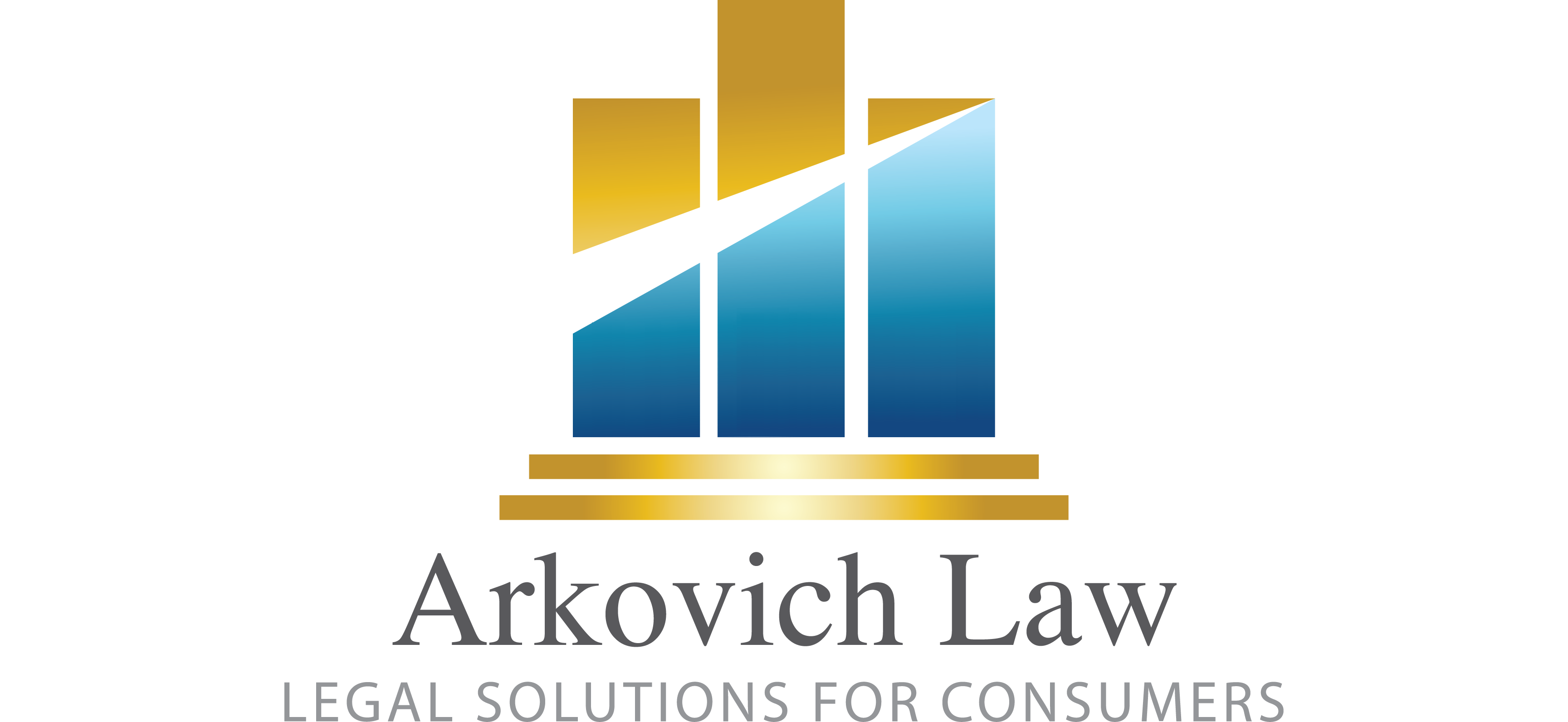BANKRUPTCY ASSETS
The assets of a debtor need to be disclosed to the bankruptcy court, but sometimes, it is not clear to a debtor what is considered an asset. An asset is not only the tangible property of the debtor—real estate, vehicles, boats, funds in your bank account, stocks—but also the debtor’s intangible assets. Intangible assets are patents, copyrights, client lists, contracts, or the right to receive.
When it comes to assets, it is important to remember that just because the asset is not fully vested or realized, it does not mean the asset does not have value. For example, if a debtor has a lease agreement with their tenant for a six-month lease, then the debtor has an asset of a six-month lease, and that asset would be disclosed to the court. The value is clear; the debtor is owed the rent value from the tenant. The same is true for other assets that will be realized in the future after the bankruptcy is filed. Other assets with future value include unvested stocks, contracts, bonds, or settlement agreements. The debtor has a duty to disclose their right to receive a future asset.
Merely because a debtor does not have access to the asset currently does not mean the asset is worthless. Many courts have considered the meaning of the terms “property” and “interest in property” and have held that they should be construed extremely broadly, encompassing virtually every right a debtor has at the time of filing. In Yonikus, the Court held that “every conceivable interest of the debtor, future, nonpossessory, contingent, speculative, and derivative, is within the reach of the (estate).”
Call Now For A Free Strategy Session With A MN Bankruptcy Lawyer
To ensure that “anything of value” becomes part of a debtor’s estate, Congress enacted § 541(a)(7), which provides that any interest in property that the estate collects or perfects post-petition is also property of the estate. Disclosure of assets is important for the proper administration of the bankruptcy estate, and proper disclosure includes current tangible assets and the debtor’s rights in future assets (as expected or anticipated at the time of filing). Contact the attorneys at LifeBackLaw and see us at www.LifeBackLaw.com and let us help you get your life back.







